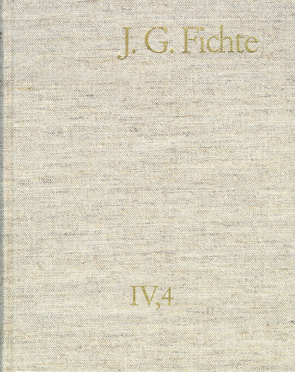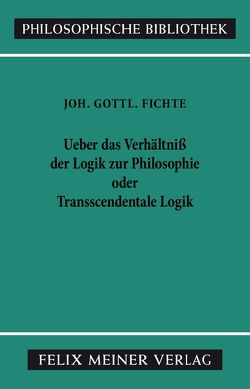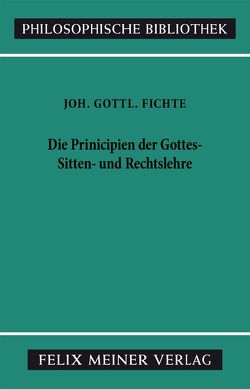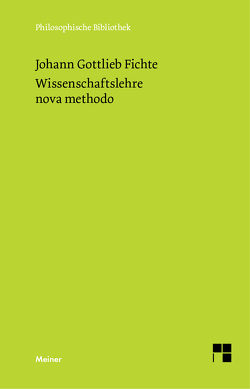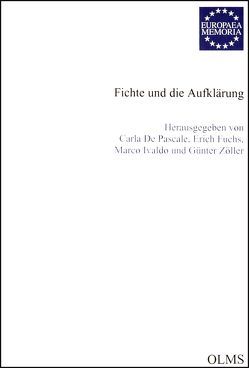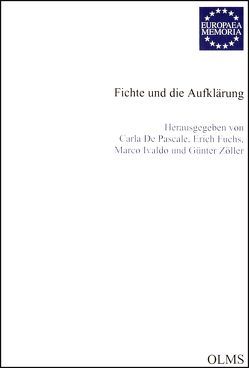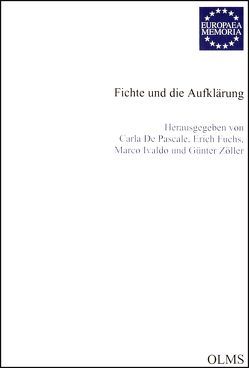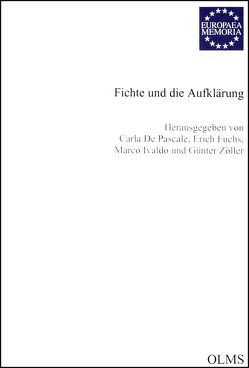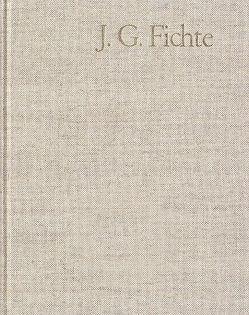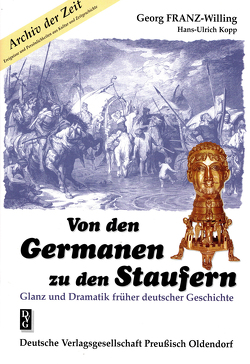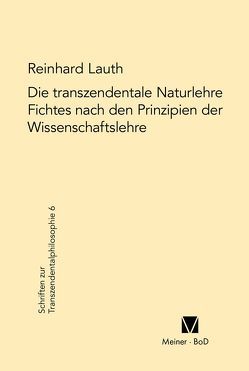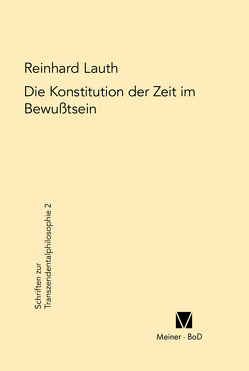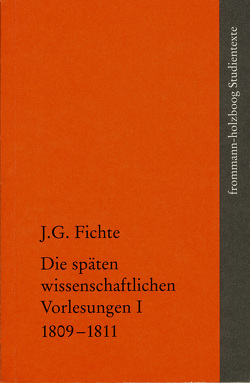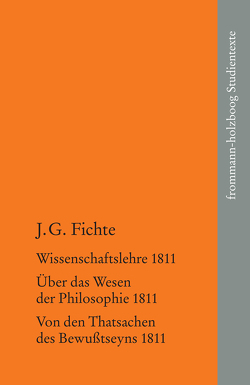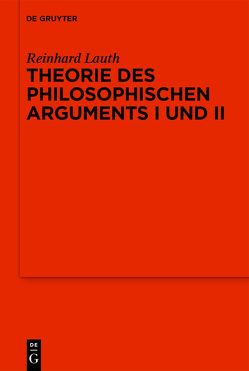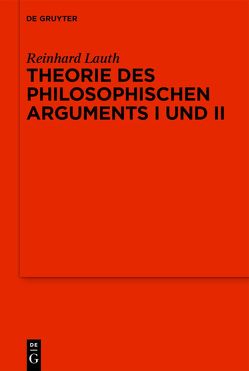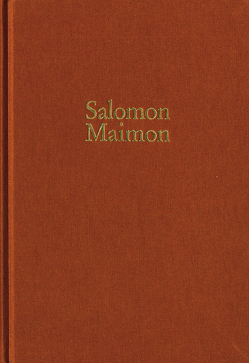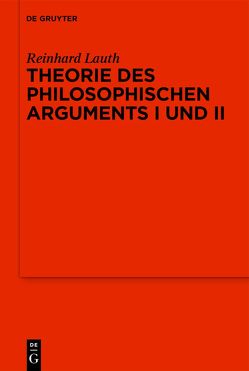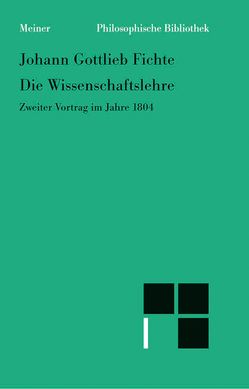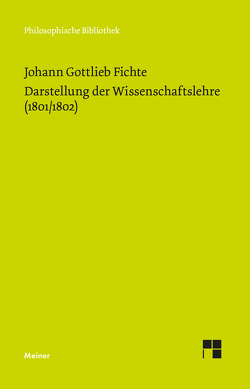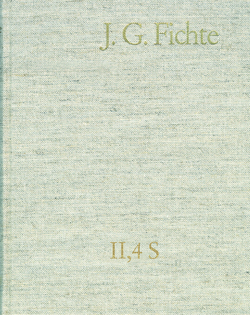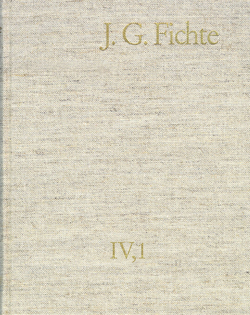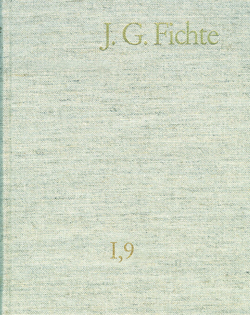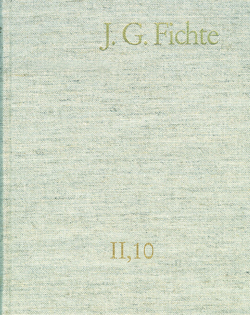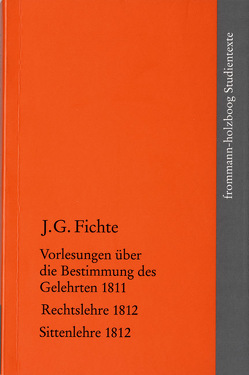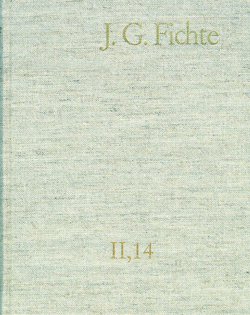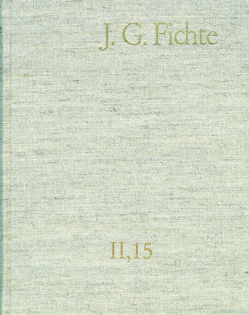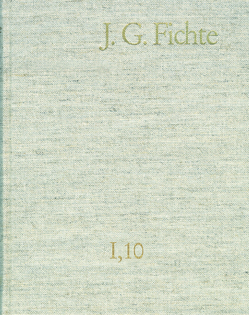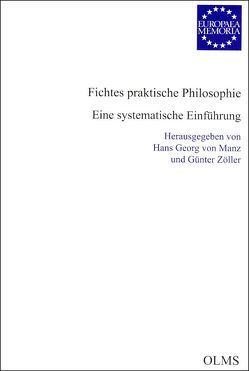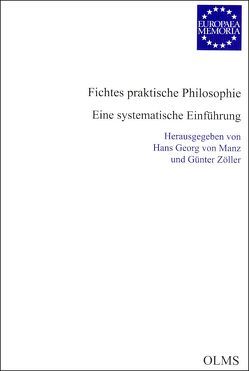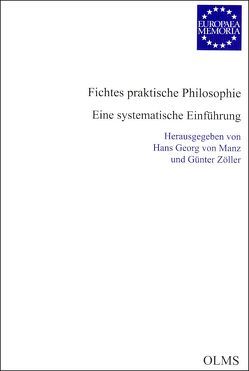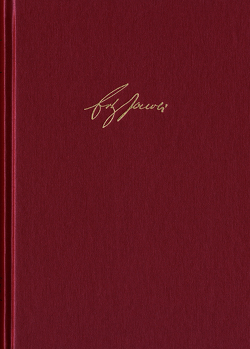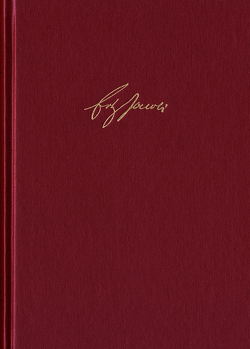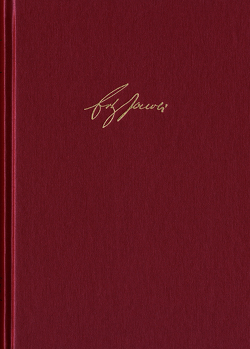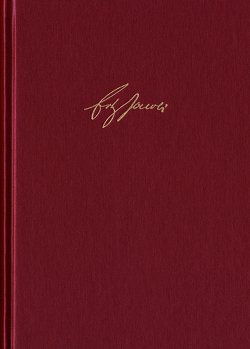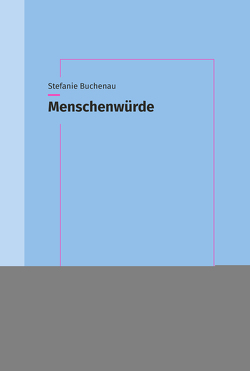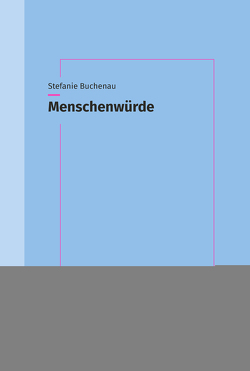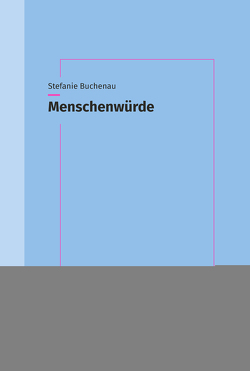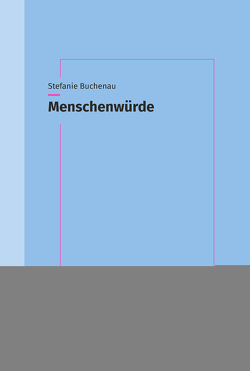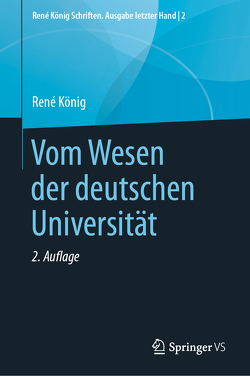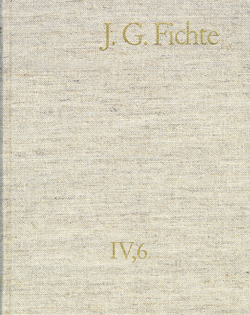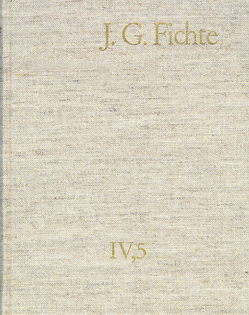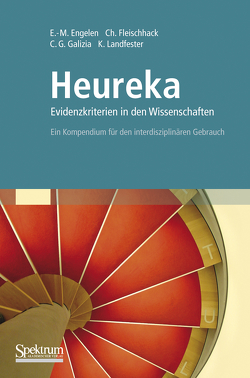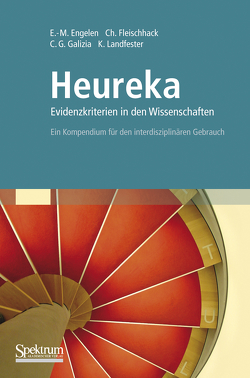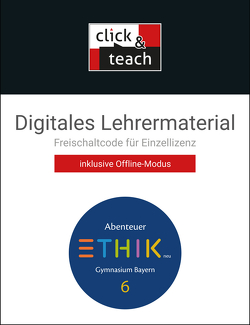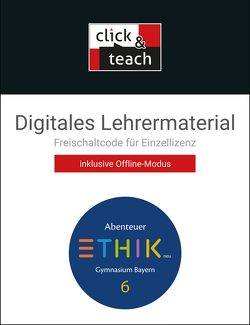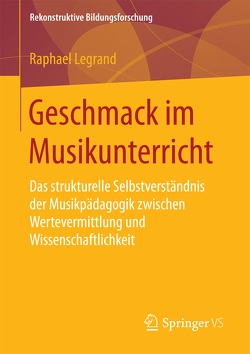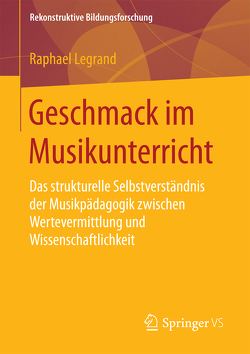Johann Gottlieb Fichte: Gesamtausgabe / Reihe IV: Kollegnachschriften. Band 4: Kollegnachschriften 1794–1799
Gesamtausgabe der Bayerischen Akademie der Wissenschaften
Johann Gottlieb Fichte, Erich Fuchs, Hans U Kopp, Reinhard Lauth, Hans Georg von Manz, Ives Radrizzani, Peter K. Schneider, Anna Maria Schurr-Lorusso, Martin Siegel, Günter Zöller
Fichtes allgemeine Einleitungsvorlesung ›Vom Studium der Philosophie‹, 1810 – nur in der Nachschrift von August Twesten erhalten – widmet sich der Frage: Wie ist die Mitteilung von Wissen möglich? Das gleiche Thema hat die Einleitungsvorlesung von 1811, deren drei Fassungen (die von Cauer, von Schopenhauer und einem Anonymus) abgedruckt werden, ebenso die Nachschriften (Cauer, Schopenhauer und »Hallesche«) der Vorlesung der ›Thatsachen des Bewußtseyns‹ aus demselben Jahr. Diese Nachschriften ergänzen einander und bieten eine objektive Darstellung der Gesamtheit des Wissens; zugleich führen sie ein in die ›Wissenschaftslehre 1812‹, die den Haupttext dieses Bandes bildet.
Fichte’s general introductory lecture of October 1810, “On the Study of Philosophy,” has been preserved only in a transcription by August Twesten (discovered in 1999). It addresses the question, How is the communication of knowledge (including empirical, historical, and a priori knowledge) possible? This is also the concern of Fichte’s introductory lecture from the winter semester of 1811/12. The latter thematizes even more clearly the difference between the methods of the sciences. Three versions of this lecture are available (by Cauer, Schopenhauer, and an anonymous auditor), and all of three of these are included in this volume. Three different transcripts of the lectures on “The Facts of Consciousness” from the same semester (1811/12) are also available (by Cauer, Schopenhauer, and an anonymous auditor, the “Halle transcript”). Fichte’s own manuscript of these lectures has not survived. This circumstance, combined with the fact that each of these three transcripts has its own distinctive advantages and supplements the other two, justifies the publication of all three. They provide an objective presentation of the totality of knowledge and serve as the didactic presupposition for understanding the complex argumentation of the 1812 Wissenschaftslehre (see Volume II,13). The primary text contained in this volume is the transcript of the 1812 Wissenschaftslehre. Of the seven surviving transcripts of this lecture series, manuscript Yg 21 (from the library of Halle University) is here published in full as the “guiding text,” though it is supplemented by significant variations, as contained in the qualitatively next-best versions (Cauer, Itzig).
